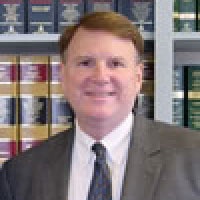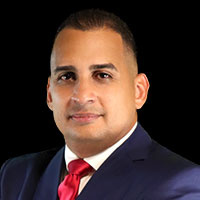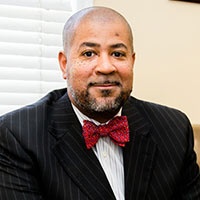Wake Forest Criminal Lawyer, North Carolina
Sponsored Law Firm
-
 x
x

Click For More Info:
-
Law Offices of Karl E Knudsen
5 West Hargett Street Raleigh, NC 27601» view mapCriminal Defense Law Providing Caring And Quality Repesentation
Karl E. Knudsen, is an experienced trial lawyer who believe the legal system is for everyone, not just the government or big companies.
800-264-5310
William Vasquez
Immigration, Personal Injury, Workers' Compensation, Criminal, Visa
Honest, Reliable Representation at an Affordable Price.
Attorney William Vasquez is the founder of Vasquez Law Firm, PLLC, a private practice with offices in Raleigh, Smithfield, and Charlotte, North Caroli... (more)
John Randolph Griffin
✓ VERIFIEDCriminal, Traffic
You have rights. We protect them.
The criminal defense attorneys at Frasier & Griffin, PLLC represent individuals and corporations in state and federal criminal trials and appeals thro... (more)
J. Matthew Norris
Motor Vehicle, Consumer Protection, Defect and Lemon Law, Misdemeanor
Status: In Good Standing
FREE CONSULTATION
CONTACTFREE CONSULTATION
CONTACTKimberly R. Wilson
DUI-DWI, Litigation, Medical Malpractice, Pharmaceutical Product
Status: In Good Standing
FREE CONSULTATION
CONTACTMichael K. Perry
Civil & Human Rights, Criminal, Personal Injury, Traffic
Status: In Good Standing Licensed: 41 Years
Evonne Sammartino Hopkins
Traffic, Family Law, Divorce & Family Law, Criminal
Status: In Good Standing Licensed: 21 Years
Kevin P. Hopper
Family Law, Divorce, Child Custody, Criminal
Status: In Good Standing Licensed: 31 Years
Kevin P. Hopper
Divorce & Family Law, Family Law, Criminal, Business
Status: Inactive Licensed: 25 Years
 Karl Knudsen Raleigh, NC
Karl Knudsen Raleigh, NC AboutLaw Offices of Karl E Knudsen
AboutLaw Offices of Karl E Knudsen Practice AreasExpertise
Practice AreasExpertise


